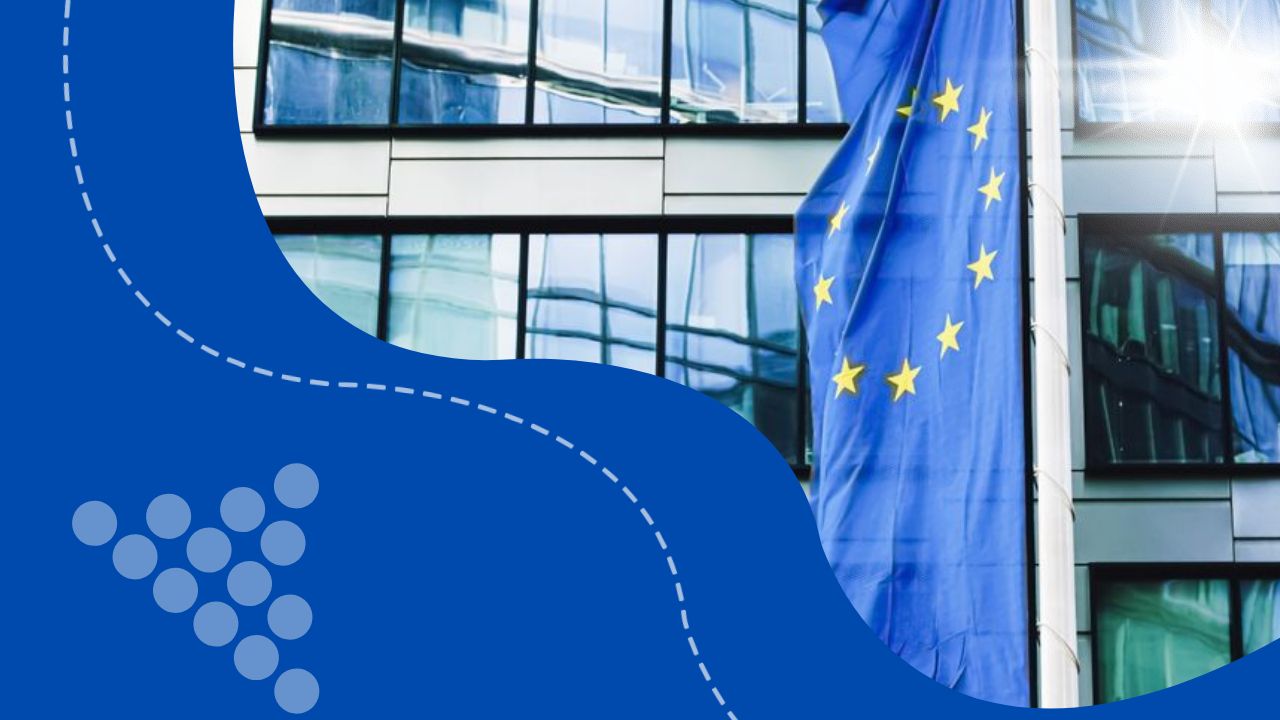A gathering convened by the Kazakh Embassy in Belgium on March 5th attracted approximately 60 high-ranking officials from the European Union alongside representatives from the EU business community. Central to the discussions at this significant meeting was the collaboration between Kazakhstan and Europe pertaining to critical raw materials (CRM), green hydrogen, and batteries.
In November 2022, Kazakhstan and the European Union cemented their cooperation by signing a Memorandum of Understanding on sustainable raw materials, batteries, and renewable hydrogen value chains. This milestone agreement was accompanied by the adoption of a detailed Roadmap for implementation throughout 2023.
During the meeting, Bolat Akchulakov, energy advisor to the president of Kazakhstan, underscored the strategic significance of the Kazakhstan-EU Memorandum of Understanding. He highlighted its pivotal role in fostering a strategic partnership aimed at collectively advancing the objectives of a green transition.
Luc Devigne, deputy managing director for Eastern Europe and Central Asia at the European External Action Service (EEAS), lauded the Kazakhstan-EU relationship as a “success story of cooperation.” He reiterated the EU’s commitment to further strengthen this partnership, ensuring the sustainability of supply chains and the mutual achievement of climate change goals.
As part of the event, Kazakhstan’s national company, Kazakh Invest, delivered a comprehensive report on CRM at its Brussels office. The report highlighted that Kazakhstan currently produces 19 out of the 34 critical raw materials listed by the European Union. Additionally, it was emphasized that Kazakh manufacturers presently supply the EU with beryllium, tantalum, and titanium. Furthermore, there exists untapped potential to explore other raw materials in Kazakhstan, with the prospect of establishing processing plants for nickel, cobalt, manganese, and lithium. This strategic initiative would enable Kazakh enterprises to make substantial contributions to the production of batteries, which are integral components for electric vehicles.

